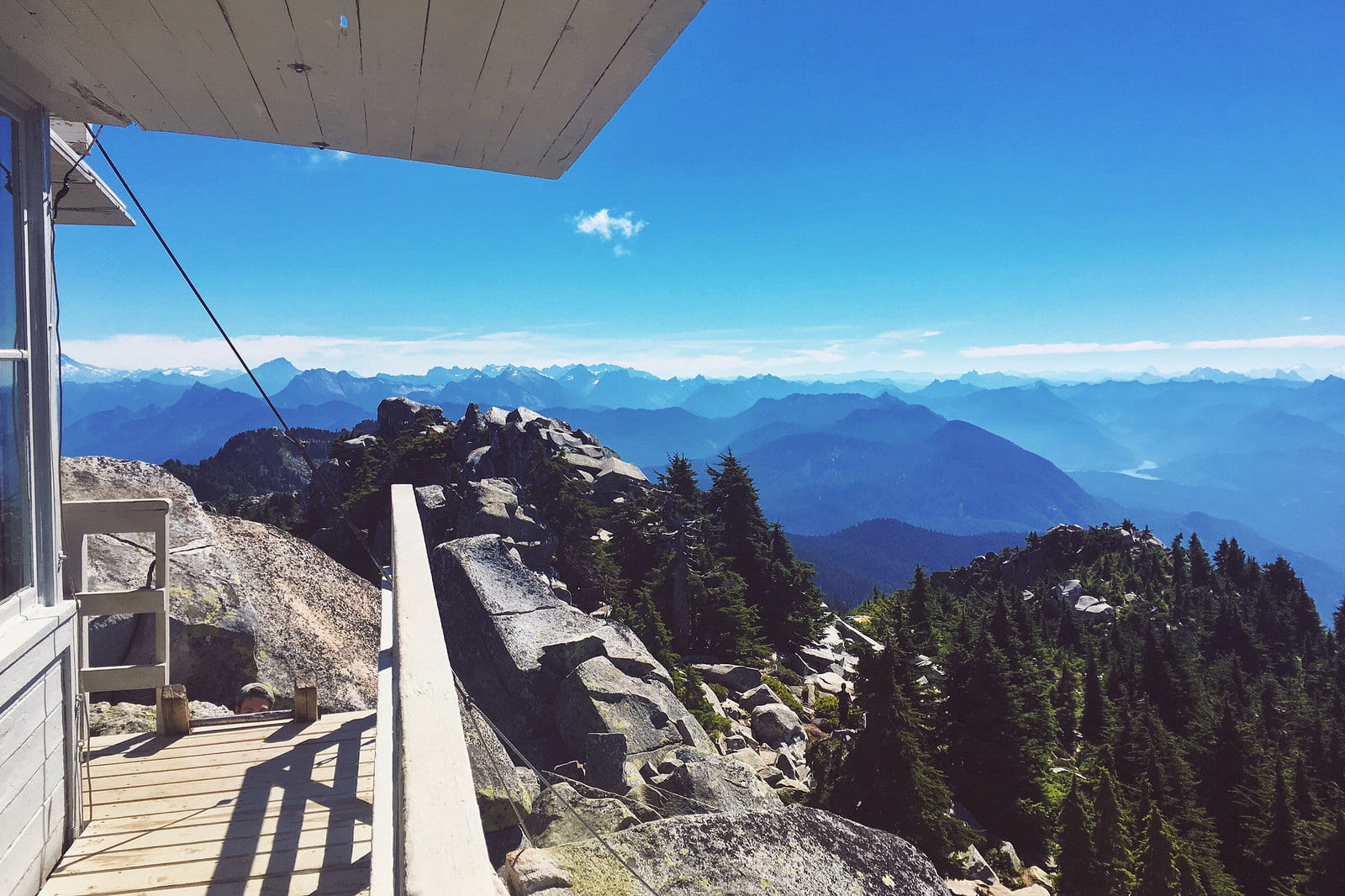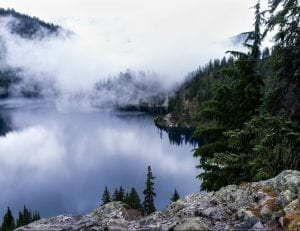If you’ve read my last blog post called “Hiking Trails for Beginners,” then you know that Washington is home to some of the most beautiful views. If you haven’t read my previous blog post, then click here! With summer approaching, I am going to make it my goal to further my skills as a hiker. Here are some of the intermediate level hikes that I plan to tackle this summer and general hiking tips to keep in mind:
Mailbox Peak – Old Trail
Round trip: 5.4 miles
Parking: Discover Pass required. Purchase here.
Pets: Allowed on leashes
Good for Kids: No
Directions to Mailbox Peak – Old Trail
- 42 miles SE of University of Washington Bothell (58 min)
- 37 miles E of Seattle (43 min)
- 20 miles NE of Tacoma (1 hr 10 min)

Mount Pilchuck
Round trip: 5.4 miles
Parking: Northwest Forest Pass required. Purchase here.
Pets: Allowed on leashes
Good for Kids: No
- 51 miles NE of University of Washington Bothell (1 hr 33 min)
- 63 miles NE of Seattle (2 hr 15 min)
- 96 miles NE of Tacoma (2 hr 50 min)

Snow Lake
Round trip: 7.2 miles
Parking: Northwest Forest Pass required. Purchase here.
Pets: Allowed on leashes
Good for Kids: Yes
- 57 miles SE of University of Washington Bothell (1 hr 20 min)
- 53 miles E of Seattle (54 min)
- 65 miles NE of Tacoma (1 hr 25 min)
Image by Steve Walker Photography

Hiking Rule of Thumb
- Bring plenty of water and snacks. Hiking builds an appetite so refueling yourself frequently will prevent you from feeling fatigue.
- Carry a first-aid kit in case of an emergency.
- Bring a compass and a map of the trail so you don’t get lost.
- Bring a camera and/or journal to document your journey.
- Use a heavy-duty backpack to carry all of your items in.
- Check the weather before you go. Cloudy and rainy weather can prevent you from seeing the views and can make trails wet and dangerous.
- Wear sturdy footwear and durable clothing that can withstand the hike.
- Wear sunscreen and bug repellent.
- Invest in a hiking pole to relieve strain on knee joints and muscles.
- Hike in a group. It’s much more fun to enjoy the view with someone.
- Let someone know where you are going in case something unexpected happens
- Practice the 7 principles of “leave no trace.”
- Plan ahead and prepare
- Travel and camp on durable surfaces
- Dispose of waste properly
- Leave what you find
- Minimize campfire impacts
- Respect wildlife
- Be considerate of other visitors